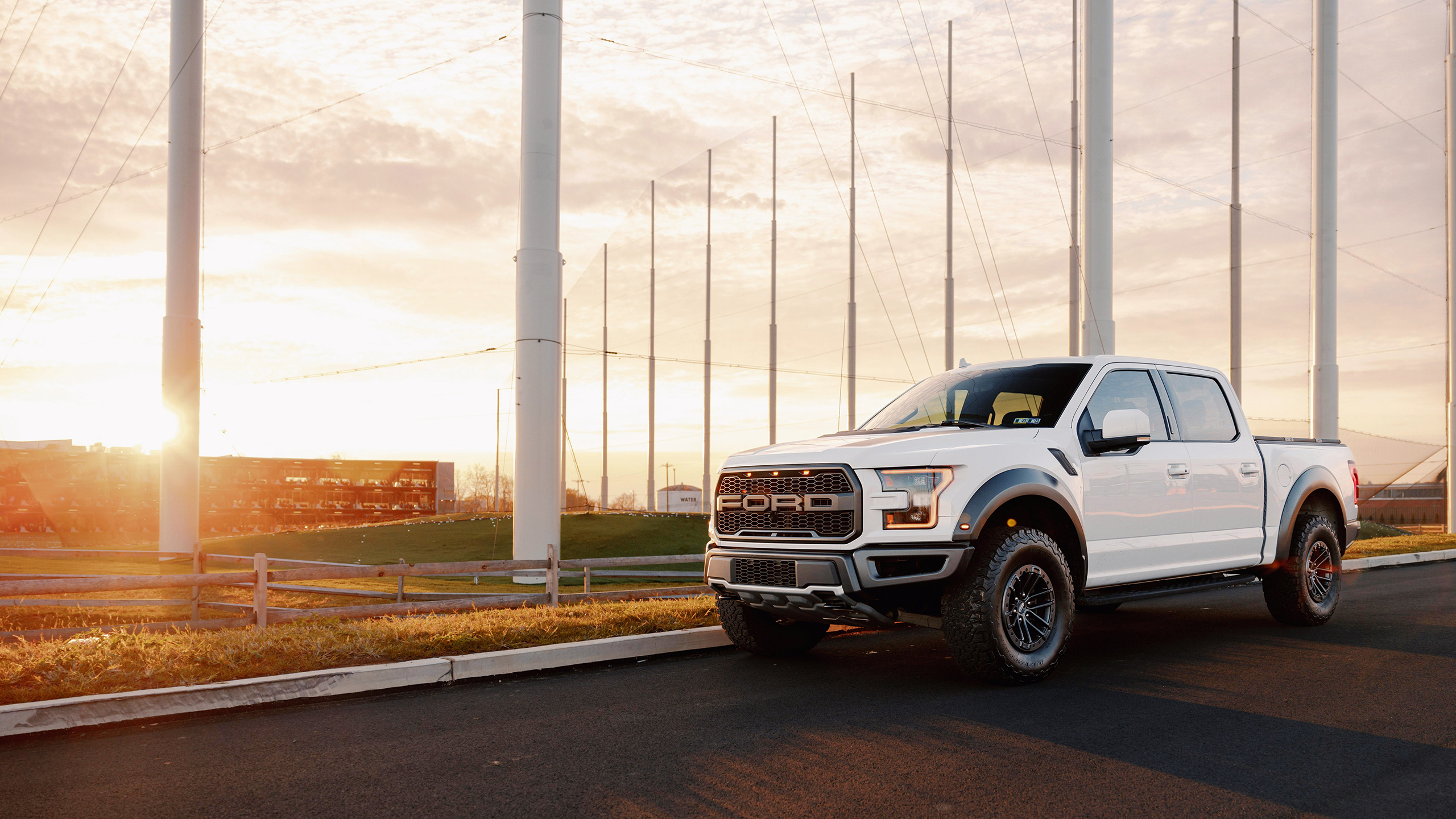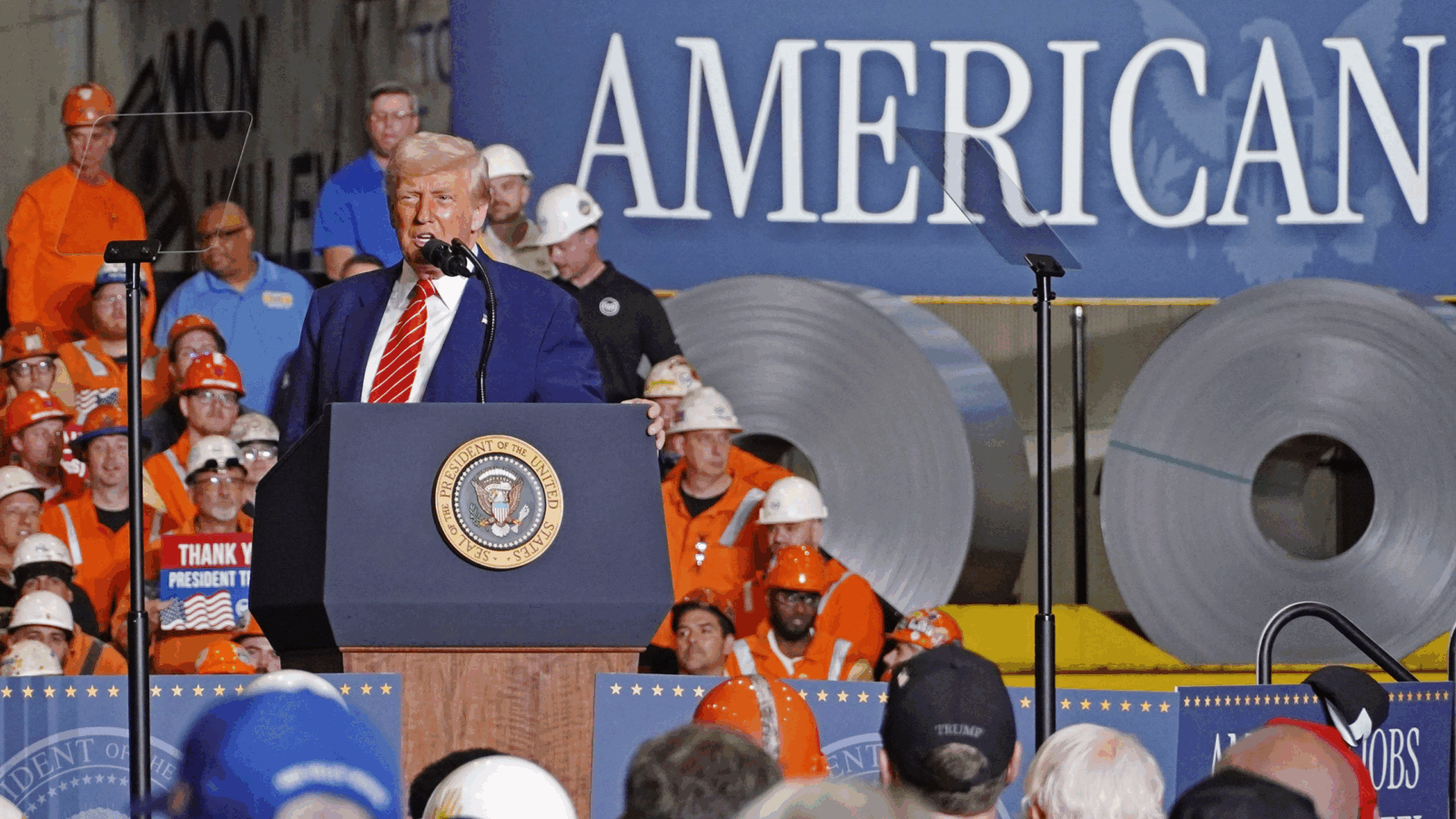Ford, GM Notch Sales Surge as Detroit Braces for Slump
Ford said that its second quarter sales rocketed 14% in the second quarter from a year earlier to 612,095 vehicles.

Sign up for smart news, insights, and analysis on the biggest financial stories of the day.
Shares in two of Detroit’s Big Three automakers went into overdrive Tuesday as Ford and General Motors reported surging sales in the second quarter.
New overall market data, however, suggests the windfall — felt by other automakers as well —was fueled largely by panic buyers trying to get ahead of tariffs. The concern now is that the second half of 2025 will be like driving a compact sedan down the Rubicon Trail.
Panic at the Showroom
The auto industry and prospective US auto buyers are in a road race with economics, in a sense. The Trump administration slapped a 25% tariff on imported cars and trucks in April, along with duties on foreign-made parts. With the looming threat of price hikes, Americans flocked to showrooms and purchased roughly 173,000 extra vehicles in March and April, according to JD Power analysts. On Tuesday, automakers reported sterling sales numbers thanks to the combination of panic buying and incentives to clear out inventory amid the customer frenzy, most notably Ford offering employee discount pricing through July 6. (Saddling that Mustang will become pricier next week).
Ford said that its second-quarter sales rocketed 14% from a year earlier to 612,095 vehicles, or “about 10 times the estimated 1.4% industry increase,” the company boasted. Sales of the company’s F-Series, Ranger, and Maverick pickups climbed 15% to 288,564. Ford shares jumped 4.6% and have climbed over 14% this year. GM said its second-quarter sales rose 7% to 746,588 vehicles, sending its shares up 5.7% on Tuesday. GM said it sold a record number of crossovers so far this year, including its Chevrolet Trax, Traverse, and Equinox; GMC Acadia and Terrain; and Buick Envista and Encore GX. But there’s already data that suggests the once burning-hot sales trend is, like the Canadian territory that lends the GMC Yukon its name, on the cool side:
- JD Power estimates the annualized pace of auto sales dropped to 15 million in June from 17.6 million in April, the slowest in 12 months. The firm’s analysts wrote that the 173,000 extra vehicles sold in March and April amount to a “pull-ahead effect” that “has now become a payback effect, deflating June sales below the actual level of vehicle demand.”
- Sales may grow even more sluggish if carmakers conclude that they need to raise prices to pass on tariff costs to consumers. Cox Automotive estimates importing a car will cost $5,700 more under tariffs and assembling one in the US will cost $1,000 more, with consumers looking at 4% to 8% price hikes. JD Power, however, says buyers still may have time, predicting that even if some price hikes may arrive this month and in August, “it will likely be at year’s end before manufacturers’ new pricing and incentive strategies fully materialize.”
Ford and GM’s South Korean rivals also reported strong sales Tuesday: Hyundai said 10% US sales growth led to its best first-half ever, with Kia’s 8% sales growth helping it reach the same landmark.
Humming Along: GM sold over 4,500 electric Hummer SUVs in a banner second quarter for electric vehicle sales that bucked a trend of slumping EV sales in the broader industry. The company, which became America’s second-largest EV seller after Tesla last year, sold a total of 46,280 electric vehicles in Q2, representing a 111% year-over-year increase. Ford’s sales of all-electric vehicles, meanwhile, fell 31% YoY in the quarter, though sales of hybrid vehicles rose 23%. The Chevy Equinox EV, which sold over 17,000 units, is the breakout star of GM’s electrified run.











